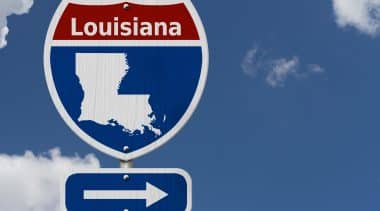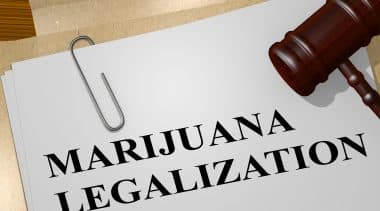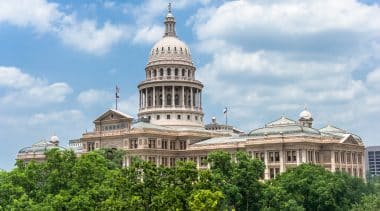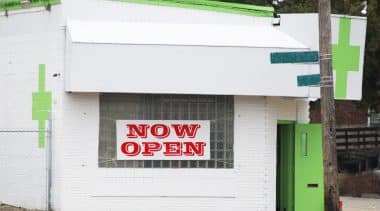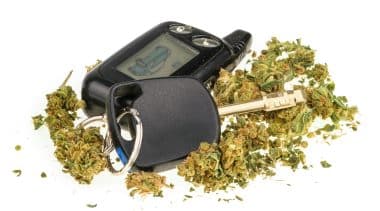Policy Briefs
View all policy studies.-
Market Size Estimates For Legalized Marijuana
Estimates for the potential size of a new legal marijuana market are often riddled with uncertainty and inaccuracy, and can also be skewed by tenuous assumptions.
-
A Historical Review of State Efforts and Authority To Regulate Cannabis
The history of cannabis regulation begins largely in California during the Gold Rush.
-
Using Tolling and Public-Private Partnerships to Finance Louisiana’s Roadways
Tolling is the most ideal user fee because there is a direct link between the toll and the specific road infrastructure used.
-
The Proposed Texas High-Speed Rail Project Requires Caution
There is a probability that if this project is built and put into operation, Texas Central will default on its loans, require a taxpayer bailout, or both.
-
A Conceptual Framework for State Efforts to Legalize and Regulate Cannabis
Best practices that policymakers should use for improving their existing marijuana markets or establishing new ones.
-
Residency Requirements for Marijuana Licensure
It is not clear that residency requirements reduce marijuana diversion or trafficking.
-
How Dangerous Is Marijuana?
A health risk comparison of alcohol, tobacco and marijuana.
-
Pension Solvency Overview: Teacher Retirement System (TRS) Of Texas
The Teacher Retirement System of Texas reported an unfunded pension liability of $35.4 billion in 2017.
-
Occupational and Business Licensing of Recreational Marijuana
In order to allow new marijuana markets to flourish, occupational licensing must be constrained to the bare essentials.
-
A Question of Taste: The Public Health Case for E-Cigarette Flavors
Any policy that harms the exclusive makers of reduced-risk products such as e-cigarettes more than the makers of traditional cigarettes is not in the interests of public health.
-
Why Local Education Funding Favors Politics Over Parents—And How To Fix It
Why policymakers should eliminate local operating revenues and move to a full-state funding model.
-
Does Legalizing Marijuana Reduce Crime?
In states that have legalized marijuana for either medical or recreational use, any adverse effects of such increased demand are more than offset by reductions in crime associated with legalization.
-
What Is Kratom and What Should We Do About It?
Kratom has life-saving potential as an opioid substitute, demonstrates promise as a therapy for opioid withdrawal, and has been shown to be remarkably safe even among heavy users.
-
Criminal Conviction Restrictions for Marijuana Licensing
Reducing conviction restrictions has the potential to help many people who have been impacted by the drug war.
-
Does Marijuana Legalization Increase Traffic Accidents?
Studies looking at the prevalence of drivers impaired by THC are prone to overestimate crash risk because of other risk factors.
-
Beyond Test Scores: A Central Role For Financial Health In Evaluating Arizona’s Charter Schools
With the recent passage of HB 2663, now is a critical time for Arizona to assess how it evaluates charter schools.
-
How Burdensome Regulation Obstructs Hunger Relief
This brief offers recommendations to help solve hunger by reforming current regulatory regimes that block the diffusion of beneficial technologies.
-
Will Marijuana Legalization Increase Hospitalizations And Emergency Room Visits?
Since marijuana legalization will likely increase the availability and convenience of consuming marijuana, there is concern that it will also increase health emergencies.


